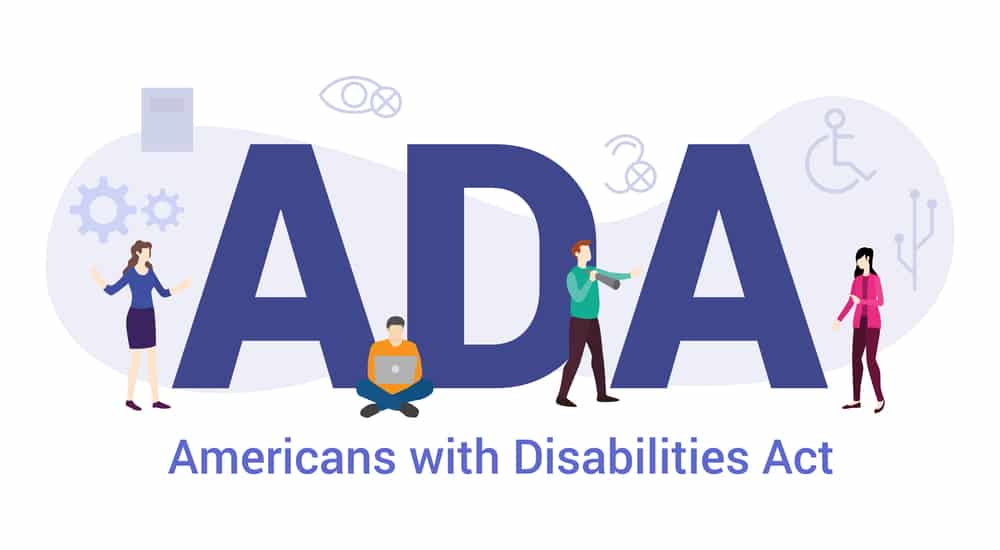Invoicing has been a key part of business operations since the invention of money. Today’s digital transformation is becoming easier and more efficient to automate the process with invoice automation software. This blog post will discuss six legal things you should know when implementing an automated invoicing system for your company.
1) Know the Legal Requirements for Your Business
There are many different businesses, each with its own invoicing needs. However, some common legalities relate to all companies, which should be considered before automating an invoice process. First and foremost is determining if you require a license or permit to operate your company in its current state. You should also be sure that the state you are operating has any additional regulations or requirements for your type of business.
2) Know the Laws Where Your Customers are Located
If you conduct business in multiple locations, it is important to understand how other states’ regulations will impact your invoicing process. For example, some states require that companies provide a full receipt for each transaction made with an automated invoicing system. Others may only allow partial receipts or none at all. If you accidentally violate one of these regulations, your company could face fines and other legal repercussions.
3) Know the Laws Where Your Vendors are Located
Just as it’s important to understand the legal requirements of your customers, you should also know what is expected by your vendors. For example, some states prohibit companies from withholding payments unless there is a dispute between parties or an agreement permitting them to do so. If vendor A in state X owes money to company B in state Y, company B would be breaking the law by withholding payment to vendor A.
4) Understand the Impact of Automated Invoicing on Taxes
It is essential to consult with an accountant or tax specialist to ensure that your automated invoice process does not violate any tax regulations. For example, some states may require a certain type of documentation (like an e-Invoicing receipt) for a company to receive a tax deduction. In addition, many automated invoice systems come with built-in tax features that can help you stay compliant with state and federal regulations.
5) Comply with Consumer Protection Laws
Since automated invoicing often involves the storage and transmission of personal information, it is important to ensure that your company is compliant with all consumer protection laws. This may include regulations like the Gramm-Leach-Bliley Act or the Health Insurance Portability and Accountability Act (HIPAA).
6) Have a Plan for Data Retention and Destruction
When implementing an automated invoicing system, it is important to have a plan in place for the storage and eventual destruction of all data associated with the process. This includes customer and vendor information and company financial records by ensuring that your data retention policies are in line with any relevant laws.
By following these tips and talking with a lawyer or accountant about any specific questions or concerns that might arise along the way, you will be well on your way to providing the best service possible for your customers, employees, and vendors.



